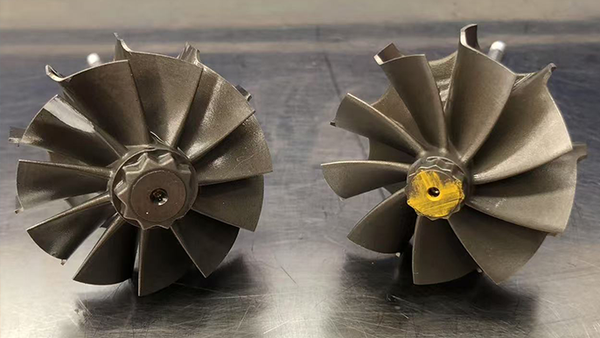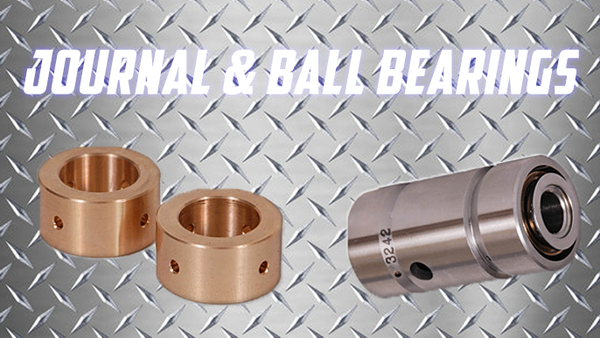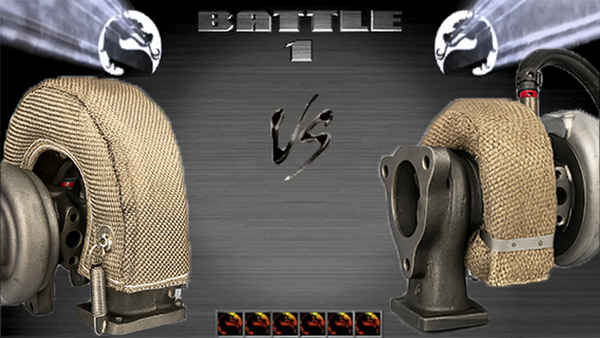Billet Turbochargers: What They Are and Why They Matter
When it comes to turbocharger upgrades, one term you’ll often hear is “billet turbo” or “billet compressor wheel”. Many enthusiasts assume that a billet turbo automatically means more power, but there’s more to the story than just a fancy metal upgrade.
In this blog, we’ll break down:
✅ What a billet turbocharger is
✅ The benefits of billet compressor wheels
✅ Why not all billet turbos are high-flow turbos
Let’s dive in!
🔧 What Is a Billet Turbocharger?
A billet turbocharger refers to a turbo that features a billet aluminum compressor wheel, rather than a cast aluminum wheel like those found in most factory turbos.
💡 Billet wheels are CNC-machined from a solid block of aluminum, whereas cast wheels are made by pouring molten aluminum into a mold. This difference in manufacturing creates a stronger, more precisely engineered wheel.
⚙️ Benefits of a Billet Compressor Wheel
Upgrading to a billet compressor wheel can offer several performance and durability advantages over a traditional cast wheel.
1️⃣ Increased Strength & Durability
🛠️ Billet wheels are stronger than cast wheels due to their manufacturing process. Because they are machined from a solid block of aluminum, they are free from air pockets and impurities that can weaken cast wheels.
🚀 This makes them more resistant to fatigue and failure, especially under high boost pressures.
2️⃣ Lighter Weight = Faster Spool
⚡ A billet compressor wheel is generally lighter than a cast wheel, which means it can spool up faster. Faster spool equals quicker throttle response and reduced turbo lag.
3️⃣ More Aggressive Aerodynamics
🔬 Precision CNC machining allows for more complex and efficient blade designs that aren’t possible with casting.
🔄 Many billet wheels have thinner and more aerodynamically optimized blades, leading to improved airflow and efficiency.
🚨 Not All Billet Turbos Are High-Flow Turbos!
One of the biggest misconceptions is that all billet turbos automatically flow more air or make more power. This isn’t necessarily true!
What Determines a Turbo’s Flow Rate?
🔹 Compressor & Turbine Size – A billet compressor wheel may improve efficiency, but it doesn’t change the actual size of the turbo’s compressor housing or turbine. If the dimensions remain the same, overall airflow won’t dramatically increase.
🔹 Blade Design – While many billet wheels feature improved aerodynamics, some are just direct replacements for cast wheels with little to no performance gain.
🔹 Supporting Modifications – A billet turbo alone won’t make more power if the engine, fueling system, and tune aren’t optimized to take advantage of it.
📢 Bottom line: Just because a turbo is “billet” doesn’t mean it’s a high-performance or high-flow turbo.
🔥 Should You Upgrade to a Billet Turbo?
If you’re looking for better durability, faster spool, and improved compressor efficiency, then a billet turbo can be a worthwhile upgrade.
However, if you’re expecting huge horsepower gains just because a turbo has a billet wheel, you may be disappointed. True performance increases come from proper sizing, aerodynamics, and tuning—not just the material of the compressor wheel.
📌 Final Thoughts
✅ Billet compressor wheels are stronger, lighter, and often more efficient than cast wheels.
✅ Not all billet turbos are high-flow turbos—flow rate depends on design, not just materials.
✅ Upgrading to a billet turbo should be part of a well-planned performance build, not just a cosmetic upgrade.
Thinking about a billet turbo upgrade? Make sure you’re choosing the right turbo for your goals and supporting it with the right mods! 🚀🔥
Below are some examples of high-flow billet wheel upgrades compared to a standard cast wheel.





